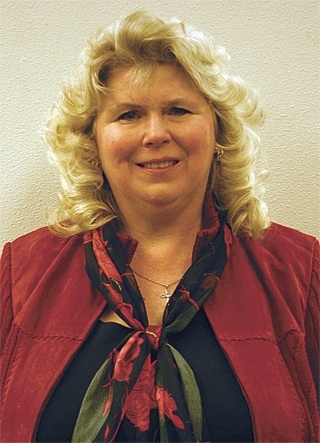Veterans of war, men and women facing marital problems, and others who may feel depressed, anxious or traumatized have few therapeutic options in Oak Harbor, particularly if they fall into a low income bracket.
Compass Health is in such high demand, it only accepts people with state medical coupons, therapist Susan Yorton said. And the former Catholic Community Service reduced its services to “addictions-only” before leaving the area completely.
Noticing a need for low-cost counseling, Yorton began the non-profit “A New Hope Counseling and Family Services” two years ago. But it’s remained a small operation.
“With the changing economy, we’re seeing a higher need for our services,” Yorton said. “Not too many insurance companies cover counseling.”
A typical therapy session in Oak Harbor can cost about $100, but “A New Hope” charges a reduced fee. During start-up, Yorton even took on a patient at no-cost, but dwindling funds prevented her from continuing the free work.
“I felt that more people would seek counseling if I could make it more affordable for them,” Yorton said.
A professional counselor for eight years, Yorton worked for a similar low-cost service at Good Samaritan Ministries in Portland before beginning a private practice.
“I saw that it doesn’t just help the people going to therapy, family members begin to do things differently. They behave in a more functional way,” Yorton said.
Similar to the “ripples in the pond” analogy, the effects of not seeking therapy are just as extensive. Personal and working relationships, health and general happiness can deteriorate without life coping skills, Yorton said.
“Some people, such as those who swallow their grief, can get stuck in the grieving process. Then if a similar situation happens again, it becomes magnified.”
The traditional therapeutic method of talk therapy, and letting a little out at a time, follows the idea that a patient can reach catharsis by coming to resolution. This type of healing is standard practice for Yorton, but she also offers more progressive methods.
“Sand tray” is a variation on psychodrama, in which adults and children play out an event that happened or a family interaction, with figurines.
In her thesis research, Yorton also studied the effects of art therapy and resolving the traumas of war for Vietnam veterans.
“When you’re going through trauma, you’re remembering things in a fight-or-flight neural pathway, or remembering things in snapshots. For example, in one case, a patient drew everything from the grid of a rifle scope,” Yorton said. “That’s why art is so effective, because sometimes you don’t have the words.”
Other approaches include play therapy for children and dream work.
The organization is continuing to accept donations and accepting new individuals seeking counseling. Yorton can be reached at 929-7757.



